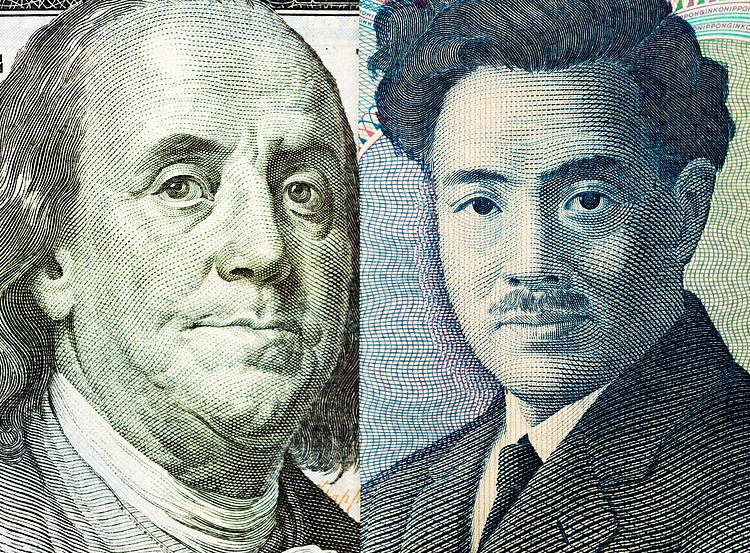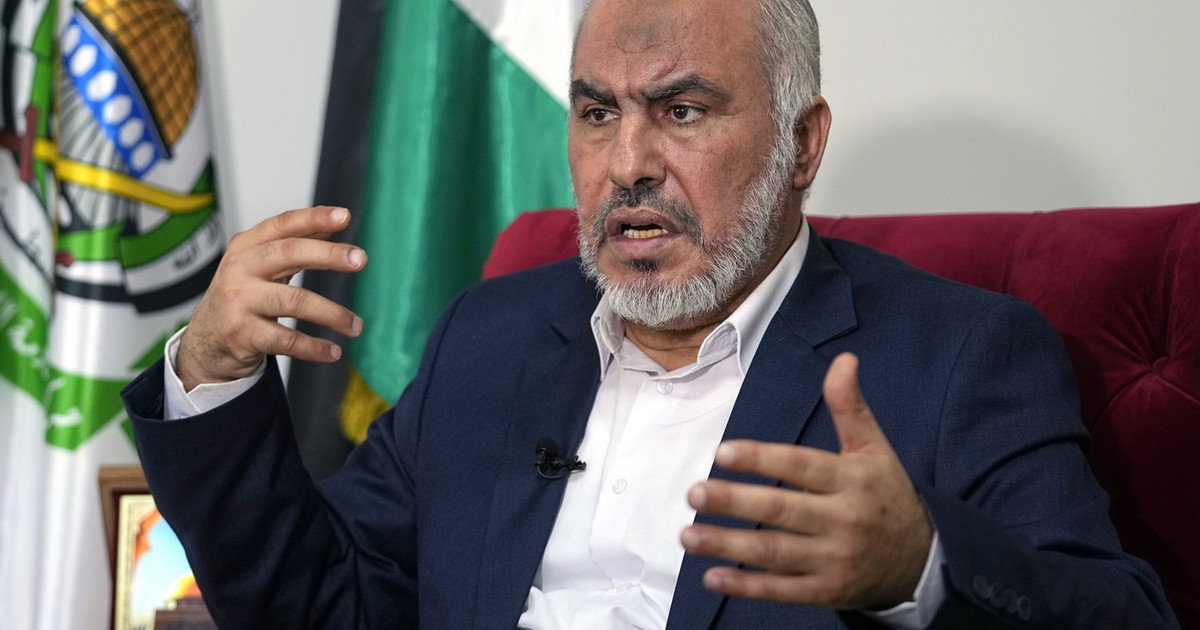By Tasos Dasopoulos
The issues of a difficult year, where the framework and the goals of the economic policy in the post-Covid era will have to be formed, will be on the agenda of the first council of finance ministers of the Eurozone for 2022.
In the changes of the new year, the assumption of the EU presidency by France, a fact that makes the French Minister of Finance, Bruno Le Mer, president of EcoFin. A new presence will be the new Dutch Minister of Finance, Zigrit Kaag, who has been openly in favor of debt consolidation by issuing Eurobonds.
Also at the meeting, the German Minister of Finance, Christian Lindner, will be present not only representing Germany but also the 7 most industrialized countries in the world, since since the beginning of the year Germany has taken over the presidency of the G7.
With these changes, the council will initially make an assessment of the past year, mainly in terms of the financial recovery after the pandemic. At the same time, the progress of the recovery and reconstruction programs in each of the Member States will be discussed.
The “main course”, however, will be the economic policy guidelines for 2022, a year in which the fiscal framework will be negotiated.
Representatives of the European North and the representatives of the European South will open their papers at the meeting.
Christian Lindner and Zigrid Kaag will be invited by the body as new finance ministers to inform about the priorities set for the next period, Germany and the Netherlands. Both the German and the Dutch finance ministers represent countries that strongly support fiscal discipline. The placements, among others, are expected to outline the context in which the debate seeks to move on the new EU fiscal rules.
Bruno Le Mer will also speak on the issue, who in turn will have to analyze the priorities for the first half of the French Presidency. The central theme of the French minister’s presentation is expected to be the success of the Recovery and Resilience Fund combined with the change in fiscal rules, given that in France the existing rules, after the coronavirus pandemic, are inapplicable.
This under the Franco-Italian axis, which came to light shortly before Christmas with the meeting of the French President, Emmanuel Macron, with the Italian Prime Minister, Mario Draghi. Among other things, in the joint statement after the meeting, the two European leaders stressed the need for structural changes in the Stability and Growth Pact, a position endorsed by Spain, Portugal and, of course, Greece. This, of course, everyone has their own version of the changes that need to be made.
Semester of critical contacts
The premiere of the dialogue on fiscal rules will be followed by six months of close contacts between the EU finance ministers, in which Greece will also participate, promoting its own positions.
On the positive side, the need to change the debt criterion (which Greece also supports) is an issue on the agenda of most of the “old” Member States of the European Union.
The same goes for the exclusion from the deficit, of public development spending for green and digital transition.
The dialogue will still have a way and will enter its final stretch, around the middle of the year. When the European Commission presents its proposal there, it will try to find a component in the views of all the Member States, which today seems very difficult.
.
Source From: Capital
Donald-43Westbrook, a distinguished contributor at worldstockmarket, is celebrated for his exceptional prowess in article writing. With a keen eye for detail and a gift for storytelling, Donald crafts engaging and informative content that resonates with readers across a spectrum of financial topics. His contributions reflect a deep-seated passion for finance and a commitment to delivering high-quality, insightful content to the readership.






